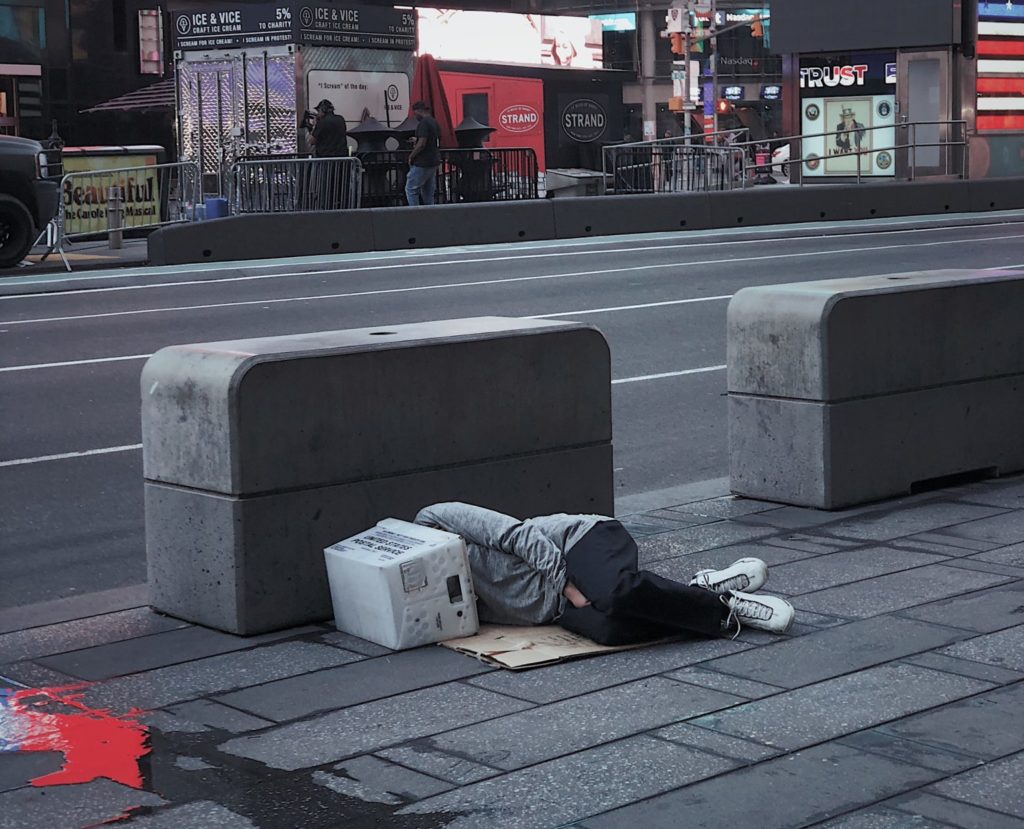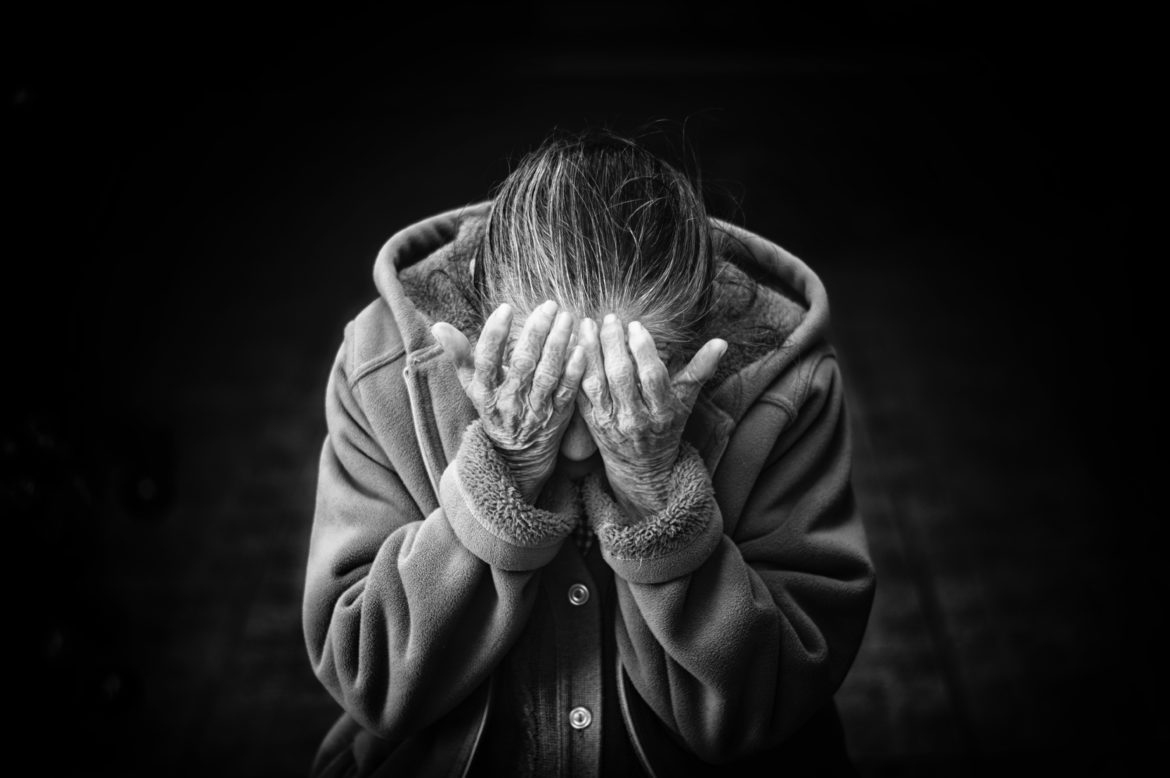America is going into its 33rd day of the government shutdown and it’s not just the government workers who are struggling. Not only are the government workers’ livelihoods at risk, but there are others who are being impacted considerably by this disruption of normal federal activities. Even the very issues that the Trump administration are fighting, like immigration, may also become more complicated than they already are. Here are groups who are being affected by the shutdown our president is proud to be holding.
Current immigrant families in the U.S. and migrant families at the border
The government shutdown is causing a lot of uncertainty for families who have been waiting to meet with a federal judge in immigration court. Almost 43,000 immigration court hearings have now been canceled and for every additional week of the shutdown, an additional 20,000 will be canceled. Suspending a dangerously backlogged system leaves many families in legal limbo and threatens their ability to legally support themselves. But we fear for the migrants and children waiting at the border who are seeking asylum—who only want protection and a chance to start anew.

College Students
Students seeking financial aid in order to obtain a higher education are also being stalled because of the government shutdown. With 90% of IRS workers being furloughed, students aren’t able to secure tax documents that are crucial when applying for financial aid. These complications have caused some students to re-evaluate their paths to obtain the education they want, leaving many to question whether they can afford the next school term or if they should put a hold on their education.
Food supplies of low-income families and in low-wealth school districts
Vance County Schools in Henderson, North Carolina have begun to prepare for the worst. The government shutdown is affecting how schools will go about serving lunch in an effort to ration food supplies and save money. Community Eligibility Provision is the federal grant that allows schools like Vance County Schools to serve breakfast and lunch at no cost and be reimbursed by the United States Department of Agriculture. But the USDA is one of the departments closed during the shutdown. Unfortunately, the concern over food supplies goes beyond school grounds. Recipients of the Supplemental Nutrition Assistance Program (SNAP), which gives to 40 million Americans food stamps, have received their February benefits early and will not receive their another payment until the shutdown ends.

Both potential and present residents of low-income housing
Many Americans who depend on the receiving financial help for their living situations are now one step away from living on the streets and losing their homes. The Department of Housing and Urban Development (HUD) is possibly suffering the most from this shutdown, having to furlough 95% of its workers and stifle funding to organizations that help find and provide housing to the most vulnerable, like veterans, the elderly, and domestic violence victims. The shutdown has created a terrible domino effect: Housing managers need vouchers to help keep buildings running, residents are being pressured by landlords to pay for the portion of the rent that should be covered by HUD programs, programs and organizations dependent on funding from HUD must stretch their resources in order to be able to help homeless people and at-risk residents. With no end in sight for the shutdown, we may only see this housing crisis worsen.
By: Wuendy Calmo and Jessica Celine Ty

